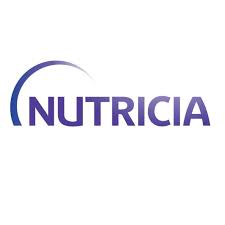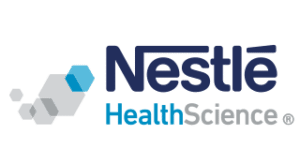Brussels, 5 February 2024 – Today, MNI launches its abstract based on a HEOR* Oncology Model, analysing the cost utility of medical nutrition for the management of cancer-related malnutrition in out-of-hospital patient care.
Malnutrition is prevalent amongst patients with cancer and is linked to poorer health outcomes such as reduced tolerance to anticancer therapy, higher complications and risks of infections, and increased mortality. Medical nutrition therapy[1] is associated to a reduced rate of malnutrition-related complications, improved health-related quality of life, shorter length of stay and readmissions, and with direct medical cost savings.
Medical Nutrition International Industry (MNI) recently commissioned an independent impact assessment to evaluate the cost utility of medical nutrition for the management of cancer-related malnutrition in an out-of-hospital setting.
The modelled analysis estimated an increased life expectancy of 14%, 5% and 10% and ICERs of £18,869, £27,465, and £21,284 per QALY gained in lung, colorectal and head and neck cancer patients, respectively. While the use of medical nutrition interventions in home for patients with cancer patients is associated at first sight with an overall cost increase, MNI’s evaluation shows that the estimated ICERs are within the subject country’s standard willingness-to-pay threshold per QALY gain as medical nutrition interventions represent value for money and cost-effective use of healthcare resources.
*Health Economics And Outcome Research
[1] Medical nutrition encompasses specialised products for nutritional therapy: Oral Nutritional Supplements, Enteral Tube Feeding (via the gastrointestinal tract), and Parenteral Nutrition (intravenous feeding).
Read more under our Nutritional Care and Cancer page







